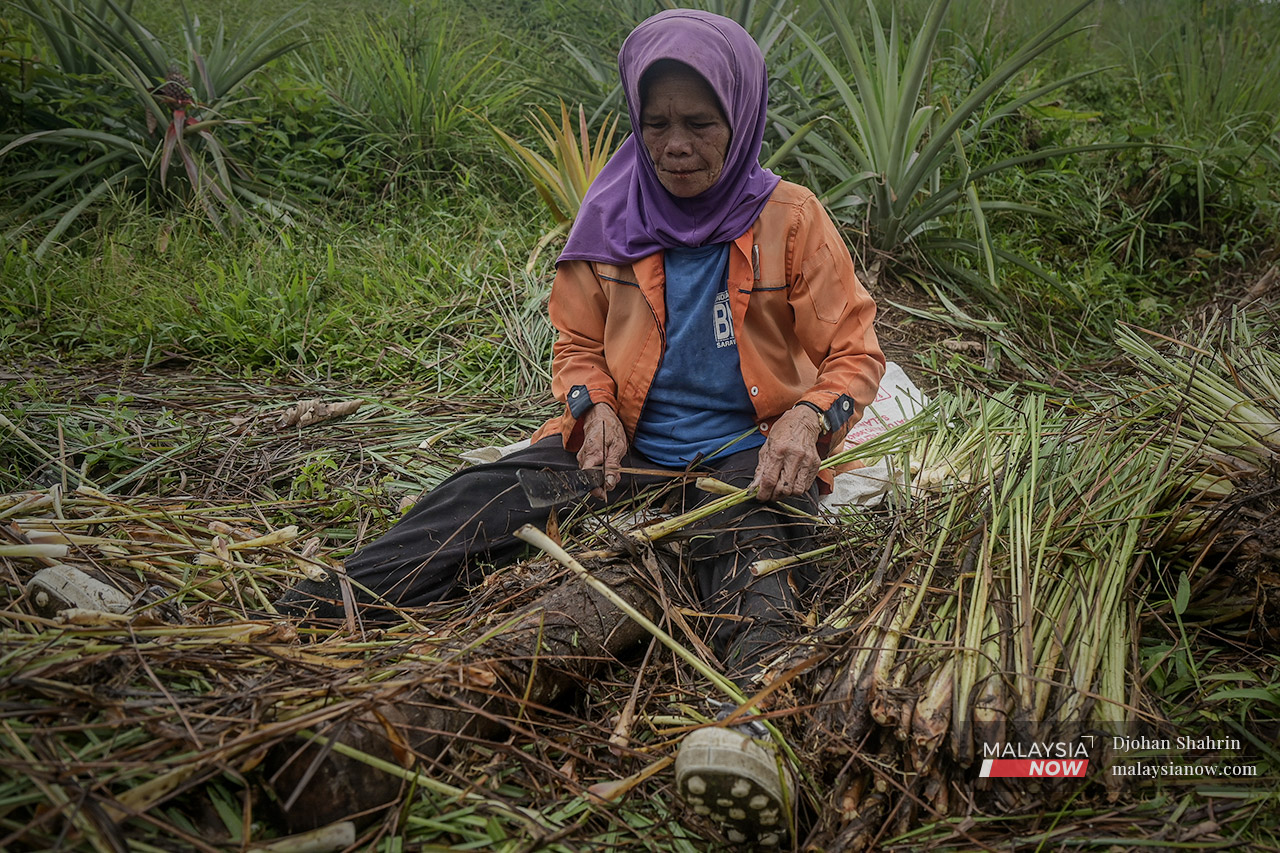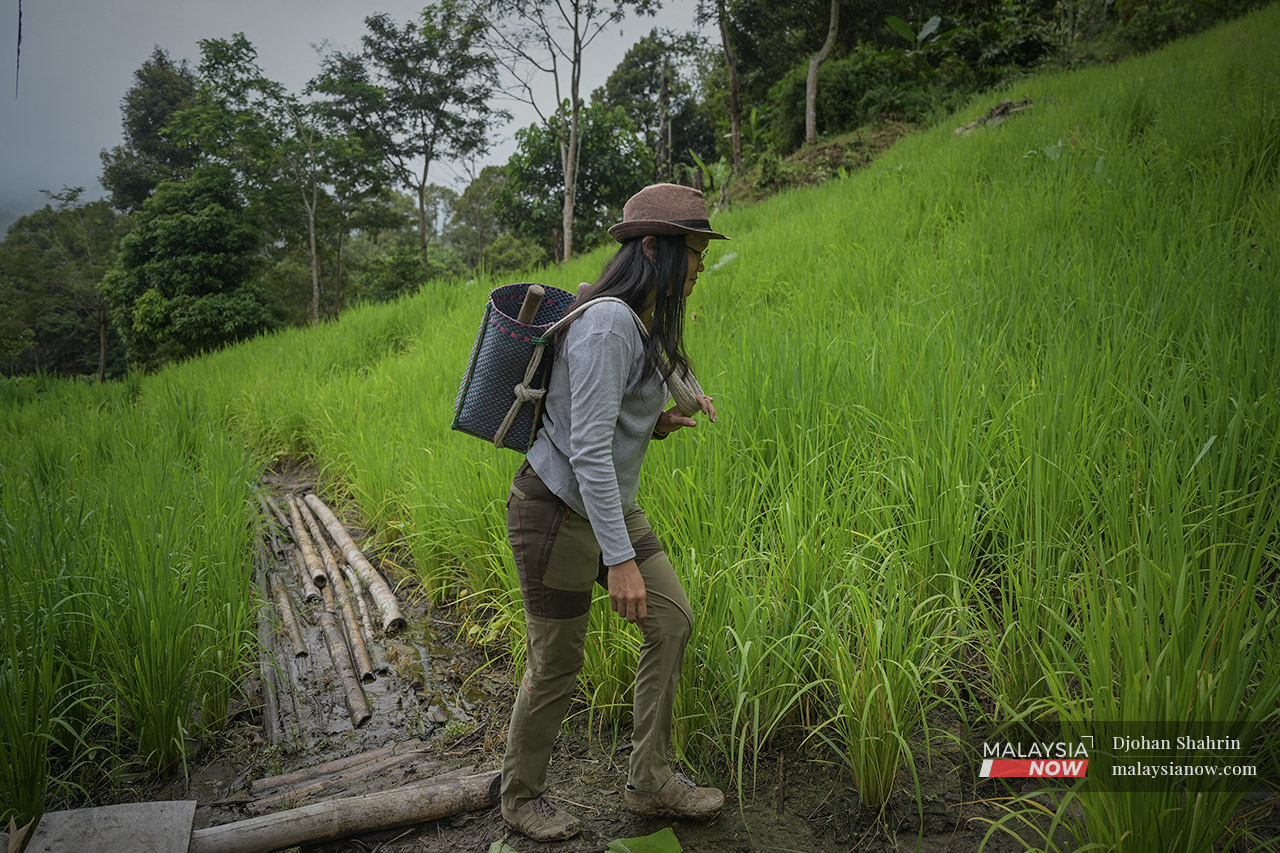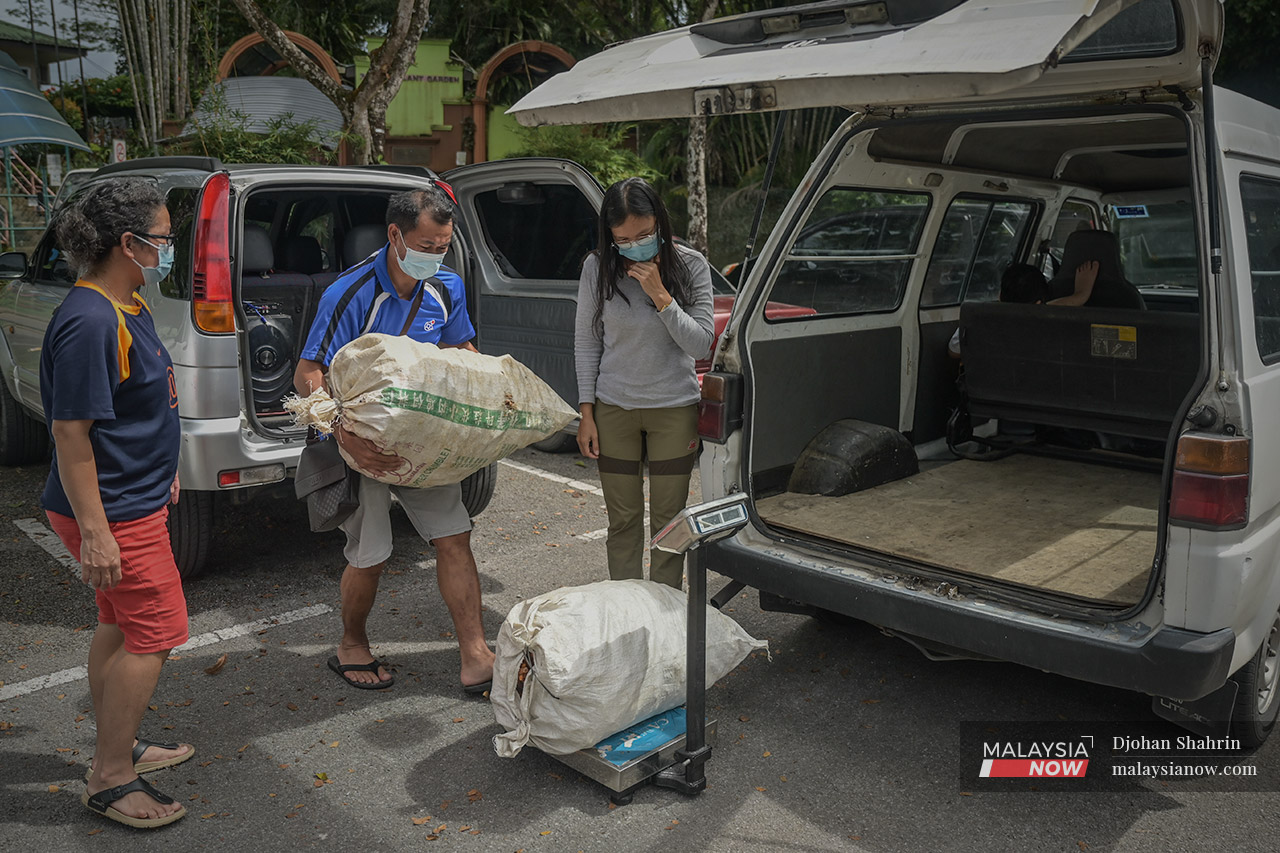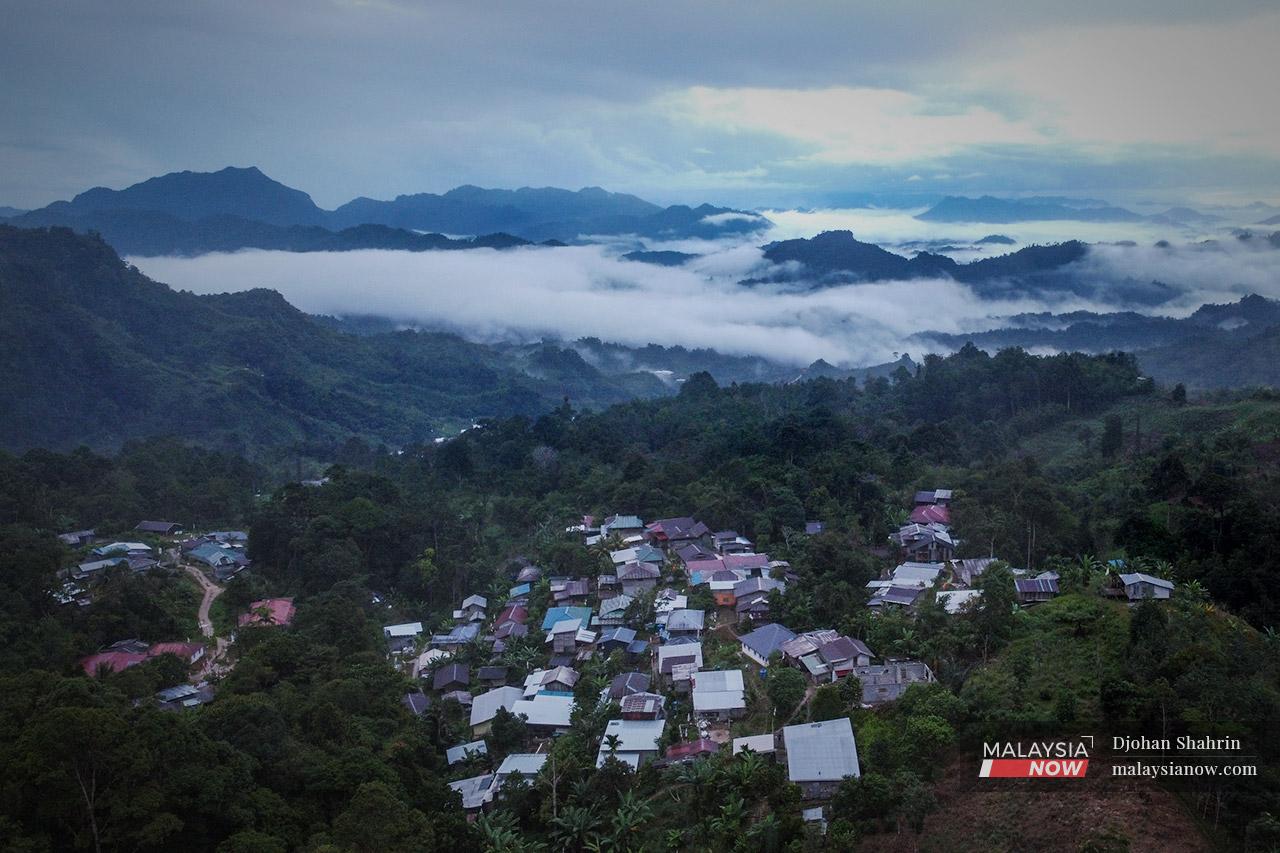Gallery
Living in the village among the clouds
Here, more than 1,200 feet above sea level, some 60 families work on their farms to make a living.
Djohan Shahrin
3 minute read
Share
- Advertisement -
Just In

























Follow us on Telegram for the latest updates: https://t.me/malaysianow
Subscribe to our newsletter
To be updated with all the latest news and analyses daily.
Share
